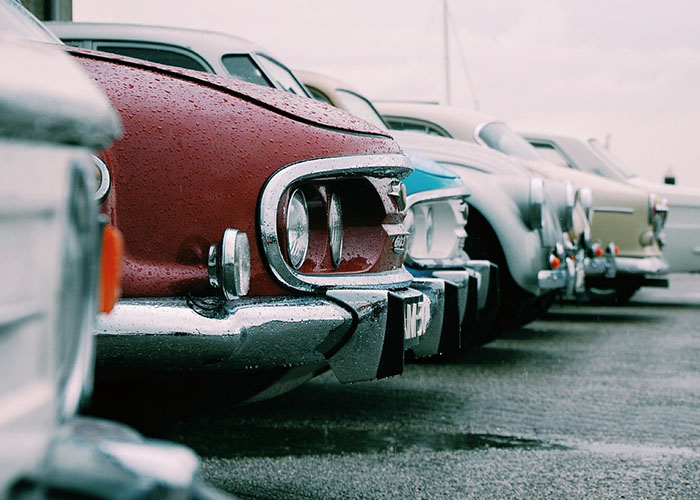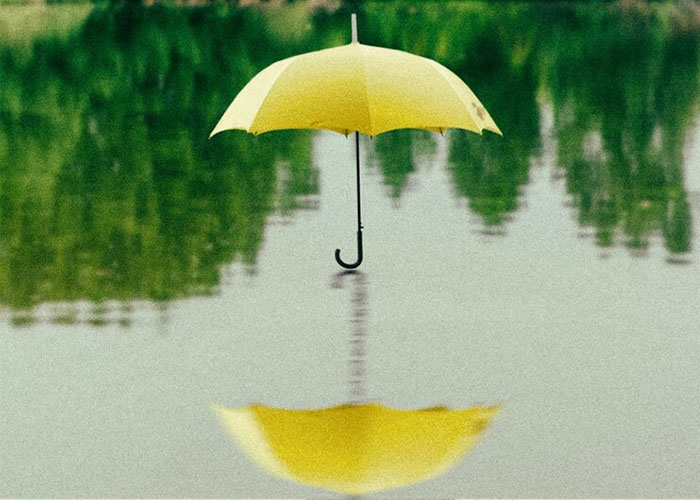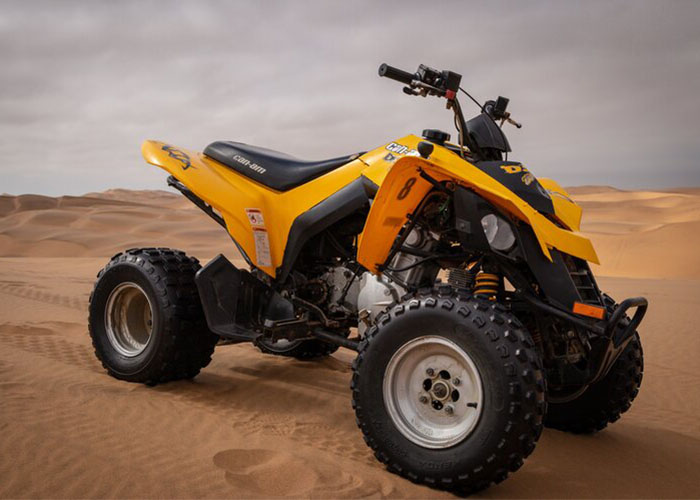
Home insurance, also commonly called hazard insurance, fire insurance, or homeowner’s insurance. This is a type of property insurance that covers a private residence.
It is an insurance policy that combines various personal insurance protections, which can include losses occurring to one’s home, its contents, loss of use, or loss of other personal possessions of the homeowner, as well as liability insurance for accidents that may happen at home or the hands of the homeowner within the policy territory.
Coverage A – Dwelling Covers the value of the dwelling itself (not including the land). HO-4 (renter’s insurance) typically has no Coverage A (dwelling coverage), although it has additional coverages for improvements.
Coverage B – Other Structures Covers other structures around the property that are not used for business, except as a private garage, typically limited at 10% to 20% of the Coverage A, with additional amounts available by endorsement.
Coverage C – Personal Property Covers your personal property. It reimburses you if your personal belongings are burglarized or damaged by a covered peril. That means everything from clothes to electronics to portable appliances are insured against covered damages or theft.
Coverage D – Loss of Use/Additional Living Expenses Loss of use coverage covers any additional living expenses, meaning any necessary cost that exceeds what you usually spend. For example, you usually spend $300 per month on groceries. However, while your home is being repaired, you spend $400 a month since you have to dine out instead of cook at home. Your policy will cover the $100 difference. Examples of additional living expenses may include but are not limited to; hotel or rental home charges, food and utility costs, and extra car mileage.
Additional Coverages Covers a variety of expenses such as debris removal, reasonable repairs, damage to trees and shrubs for specifically named perils (excluding the most common causes of damage, wind, and ice), fire department changes, removal of property, credit card/identity theft charges, collapse, landlord’s furnishing, and some building additions. These vary depending upon the form.
Exclusions In an open perils policy, specific exclusions will be stated in this section. These generally include earth movement, water damage from a flood, power failure, neglect, war, nuclear hazard, septic tank backup expenses, and intentional loss. For example, a 2013 survey of Americans found that 41% believed mold was covered. However, it is typically not covered if the water damage occurs over a while, such as through a leaky pipe.
Floods Flood damage is excluded under standard homeowners’ and renters’ insurance policies. Flood coverage, however, is available in the form of a separate policy both from the National Flood Insurance Program (NFIP) and from a few private insurers.
Coverage E – Personal Liability Covers damages which the insured is legally liable for and provides legal defense. About a third of the losses for this coverage are from dog bites.

Many people think auto insurance is just something they must have by law and something they will likely never use. Auto insurance is a product you buy but hope you never have to use. It is not a maintenance plan or a new car replacement tool. Auto insurance can protect not only your car but also your wallet.
In the litigious society we live in, a simple fender bender could turn into a lawsuit. Having a solid auto insurance policy can prevent that from happening.
The State Minimum requirements in Pennsylvania are 15/30/5 (we suggest having more coverage than this). The first two numbers (15/30) of your liability limits are your bodily injury coverage. The first number represents how much the coverage will pay per person; the second number represents how much the coverage will pay per incident; the third number represents how much the policy will pay for the other person’s property.
This covers your injuries if you get hit by someone who doesn’t have insurance or doesn’t have enough insurance. The limits of this policy usually will match your liability limits. However, this does not cover damage to your vehicle, only your medical bills.
This covers acts of God. Examples would be a tree branch falls on your car, hail damage, something breaks your windshield, you hit a deer or animal, or if your vehicle is vandalized or stolen. Comprehensive coverage is essential in these situations.
This coverage will pay for your vehicle to be repaired or replaced as a result of an accident. It will also cover you if you hit something such as a tree, pole, pothole, or even the side of your garage (it happens)!
If you are in an accident or hit as a pedestrian, this coverage will pay medical bills.
This coverage does not provide coverage when you rent a car! However, this coverage provides a rental car when your vehicle is being fixed due to an accident!
Towing and Labor, also known commonly as Emergency Roadside assistance, is a service most carriers offer where they will tow your car, change a flat tire, or get your keys out of your vehicle when you lock them in there.

Business insurance protects your investment by minimizing financial risks associated with unexpected events such as a death of a partner, an injured employee, a lawsuit, or a natural disaster.
Business Insurance is a broad name for different coverages available to the business owner to protect against losses and ensure the business’s continuing operation.
A standard insurance policy issued to a business organization to protect them against liability claims for bodily injury and property damage arising out of premises, operations, products, and completed operations; and advertising and personal injury liability.
Covers cars, trucks, motorcycles, and other road vehicles owned or operated within a business. Its primary use is to provide financial protection against physical damage and bodily injury resulting from traffic collisions and against liability that could also arise from an accident. Commercial auto insurance may also offer financial protection against vehicle theft and possibly damage to the vehicle sustained from events other than traffic collisions.
It covers the risk of loss to an organization’s buildings or personal property. Usually includes:
Coverage can be provided on an all-risk or specific perils basis.
Commercial Umbrella insurance is liability coverage in excess of specified other commercial insurance policies and potentially primary insurance for losses not covered by the other policies. When an insured business is liable to someone, the insured’s primary insurance policies pay up to their limits, and any additional amount is paid by the umbrella policy (up to the coverage limit of the umbrella policy).
Professional liability insurance (PLI), also called professional indemnity insurance (PII) but more commonly known as errors & omissions (E&O) in the US, is a form of liability insurance that helps protect professional advice and service-providing companies from bearing the full cost of defending against a negligence claim made by a client, and damages awarded in such a civil lawsuit. Professional liability coverage sometimes also provides for the defense costs, including when legal action turns out to be groundless.
A Business Owner’s Package (often called a BOP) is an insurance policy that combines protection from all significant property and liability risks in one package. It typically combines all the basic coverages required by a business owner into one bundle. It is usually sold at a premium that is less than the total cost of the individual coverages. Business Owners Policies usually target small and medium-sized businesses. They typically contain business interruption insurance, which provides reimbursement for up to a year of lost revenue resulting from an insured property loss.
Workers’ compensation is a form of insurance providing wage replacement and medical benefits to employees injured in the course of employment in exchange for mandatory relinquishment of the employee’s right to sue their employer for the act of negligence.

Life insurance acts as a contract between an insured person (the policyholder) and an insurance company, where the insurance company promises to pay a selected beneficiary a sum of money (listed as “benefits) upon the policy holder’s death. Depending on the contract selected, other events such as terminal illness or critical illness may also receive a payment to the policyholder or their beneficiary. In addition, the policyholder will pay a premium, either in regular installments or a lump sum.
Other expenses such as funeral expenses are often included in the benefits but review your specifics with our licensed agents. People buy life insurance for many reasons. Often it is purchased by the policyholder to offer peace of mind to the beneficiary in the event of their untimely death. As such, it would alleviate any financial hardships they may endure as a result of their death.
Something else to discuss with your licensed insurance agent is the possibility of a life insurance policy to act as payouts during retirement.
Be sure to have your agent explain the benefits and drawbacks of such a program. Life insurance policies are legal contracts and carry terms that describe the limitations of insured events. Exclusions will apply in many cases limiting the insurer’s liability, such as suicide, fraud, war, riot, and civil unrest. Consider all these items carefully before purchasing a policy.
A policy designed to provide an insurance benefit for a covered event, typically a lump sum payment to the beneficiary.
The main goal here is to facilitate the growth of capital. These are each outlined below. It is important to understand the three types of life insurance available in Pennsylvania.
Provides protection for a specific time frame, for instance, 20 years. It is generally less expensive than a Whole Life Insurance policy. Frequently term life insurance can be changed to a permanent policy.
Term Insurance is like renting a home; it covers you for a set time. Whole Life is more like buying a home; it stays with you for your entire life as long as you meet the premiums. Our experts can explain and determine which type of insurance best meets your individual needs. Give us a call!
This is a form of life insurance that remains in force your entire lifetime (as long as you pay our premiums). It is important to note that whole life insurance policies can be an investment as they build value over time.
Universal life insurance has flexible premiums but can build value like the whole life policy, which earns through an interest rate that occasionally changes.

Umbrella insurance refers to liability insurance that is in excess of specified other policies and also potentially primary insurance for losses not covered by the other policies.
When an insured is liable to someone, the insured’s primary insurance policies pay up to their limits and the umbrella policy pays any additional amount up to the limit of the umbrella policy.

The Road Less Traveled
The thrill of adventure – is what owning a recreational vehicle is all about. Whatever your interest, be it cruising on your motorcycle or exploring the road less traveled on your ATV, Bay Area Insurance offers advanced coverage options to meet the insurance needs of the adventurer in everyone.
Whether you are an experienced outdoor enthusiast or just starting, we have a policy to fit your needs – from RVs and boats to ATVs. ARK Insurance can ensure the safety of both you and your vehicle. Our insurance options provide you with the same service and rich features you can expect – from comprehensive and collision coverage to personal injury protection and towing costs.
Owning a recreational vehicle can be a dream come true. It gives you the freedom to travel and the capability to explore new places, but with freedom comes responsibility. Should an accident happen – such as property damage, vandalism, or bodily injury resulting from a crash – it is reassuring to know that your investment is protected.
With Recreational Vehicle Insurance from ARK Insurance, you can continue living the dream with confidence, knowing that you, your vehicle, and your passengers are protected. Contact one of our representatives today to find a package that works best for you.
Getting the right coverages for your business or personal use should not be a hassle. With a variety of policy options available under one roof, ARK Insurance can take care of most of the work for you.